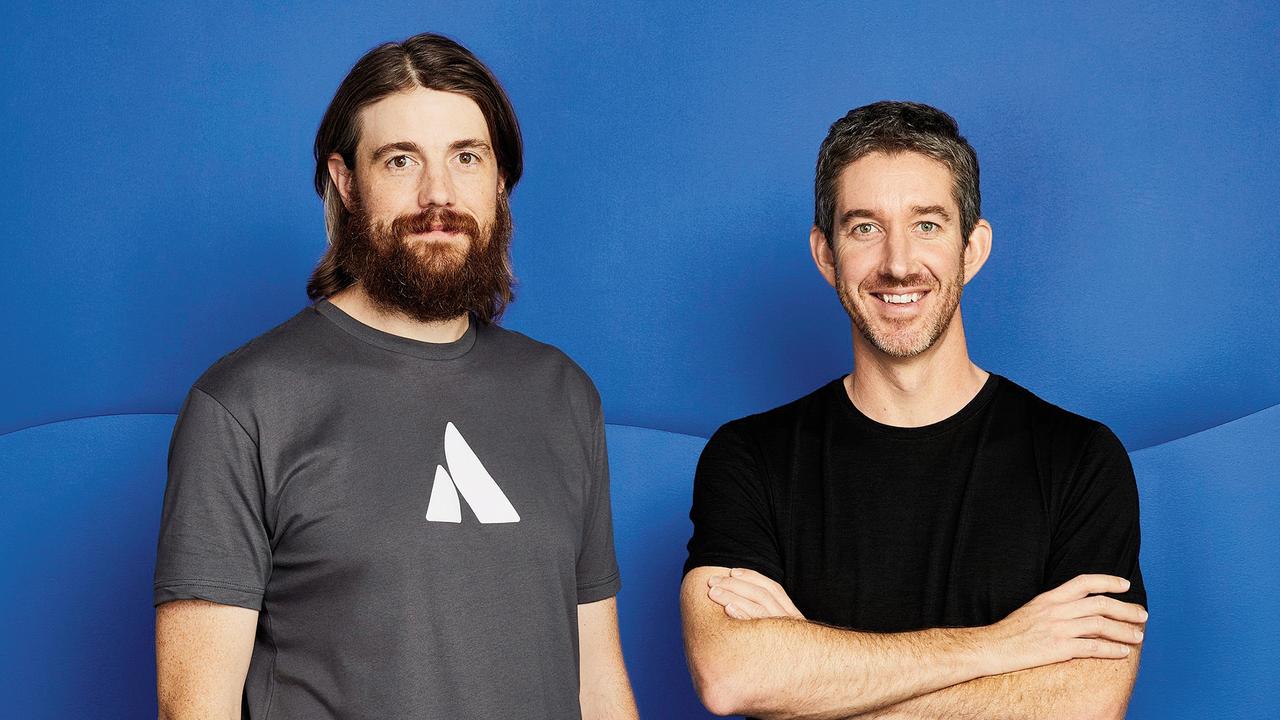Australia’s brain drain is ‘good for science’
Leading scientist says nation needs to get comfortable with its best and brightest leaving.

Australia needs to become more comfortable with its talent leaving, according to the boss of one of the country’s leading biomedical research companies BioCurate.
C Glenn Begley is the CEO of BioCurate, an independently operated joint venture of the University of Melbourne and Monash University, and supported by the Victorian state government.
Much gets made of the ‘brain drain’ of science and technology talent deserting Australia for places like Silicon Valley, but according to Dr Begley, Australia has never had a ‘brain drain’. He said our best and brightest leaving Australia is, in fact, a good thing for science.
“What I would like to see happen is that people who have gained 15 to 20 years experience overseas start coming back to Australia, and bringing all that learning with them,” he said. “They bring that learning but also key contacts with them as well.”
The executive pointed to China, which has a ‘sea turtles’ policy for encouraging entrepreneurs and researchers to return to the place they were born.
“China has a program to take 1000 scientists in research and industry and bring them back to China to strengthen their local industry, and it’s been very successful. I would love for us to be doing the same,” he said. “We’ve got some very talented people and we need to create the opportunity for them to come back to Australia.”
Dr Begley said the federal government should get involved with such a campaign, as well as state governments and industry.
“One of the things I’m really proud of with BioCurate is that in terms of people we’ve recruited, we don’t even have ten people but we do have 150 years of combined experience and almost all of that is international,” he said.
“I don’t think the responsibility rests solely with government, they can certainly help but the industry itself needs to have a focus on attracting top talent back to Australia and ensuring the very best people back to this country.”
BioCurate is relatively unique in that it’s an example of collaboration between rival universities, in this case Melbourne and Monash Universities. The organisation also receives support from federal authority MTPConnect, the government’s medtech industry growth cenre.
BioCurate targets the critical early phases of drug development to boost the successful translation and generation of new cures and therapies.
“I’ve been talking about this all around the world and without exception, people see this as a fantastic model,” Dr Begley said. “We’ve been very successful in getting the world’s attention and Melbourne, Monash and the state government should be really congratulated for that.
“We’re proof that the quality of Australian research is first class.”


